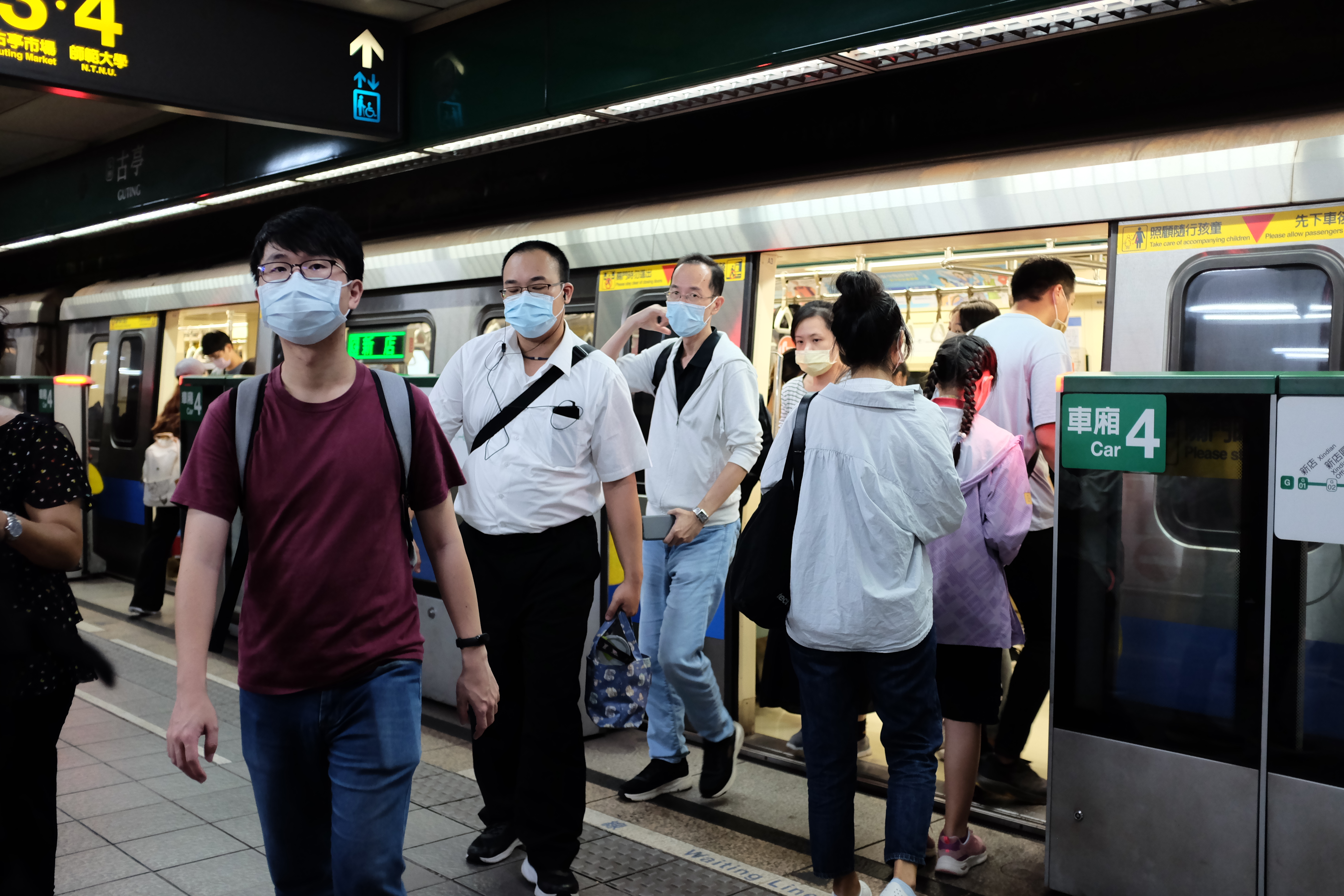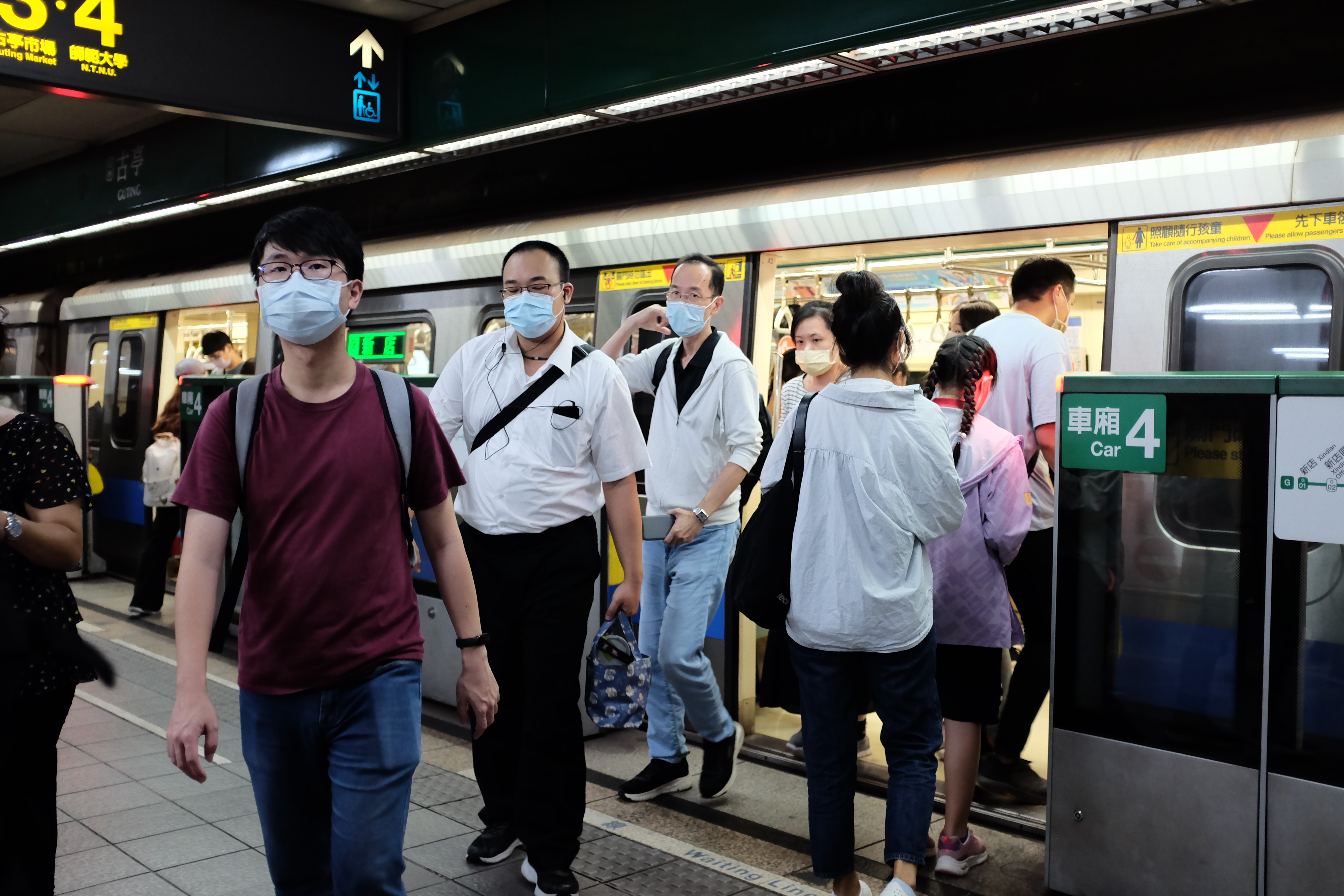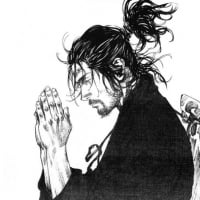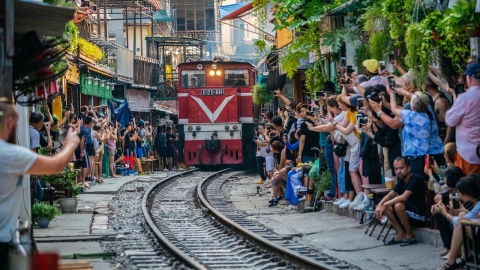Bui Tieu Mai is an exchange student majoring in Toxicology - Applied Science at the Department of Chemistry, Tamkang University. She currently lives and works in New Taipei City. Mai has only been in Taipei for two months, but she has already experienced and deeply felt the people and culture of the city.
"I feel that most Taiwanese people are very friendly and lovely, and quite funny too," Mai said.
Speaking to Travellive, Xiao Mai shared that she has traveled throughout Taipei using only the MRT train, bus system, and even a bicycle. For natural attractions, Mai has visited Yangmingshan, Salun Beach, Jiufen Old Village, Daan Forest Park, Guanyin Mountain, and more.
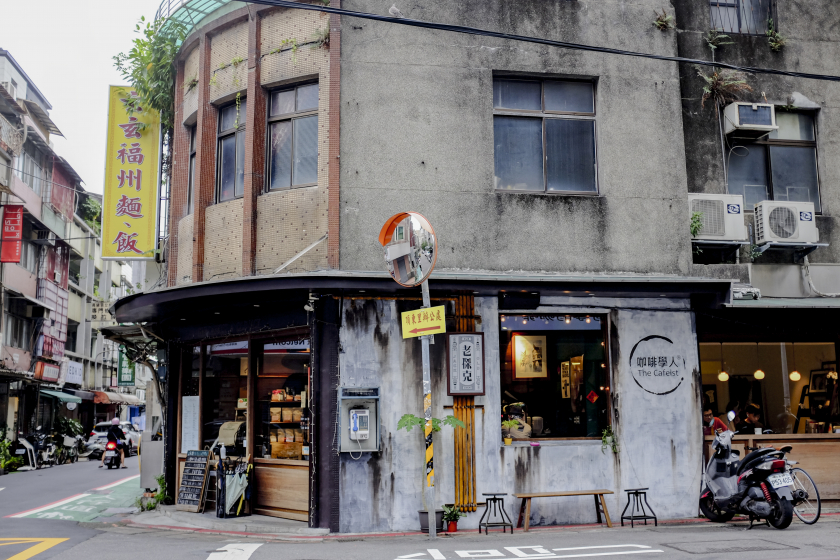
A cafe in Guting, Taipei.
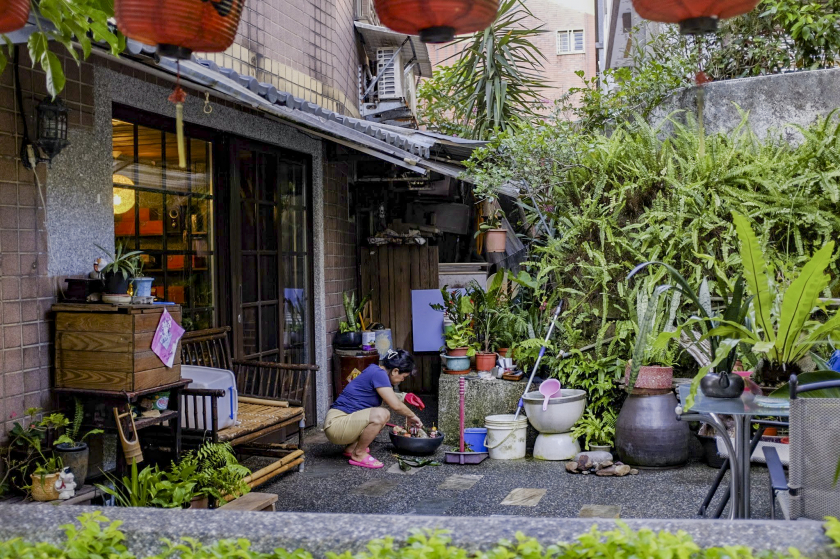
The garden of a resident in New Taipei City.
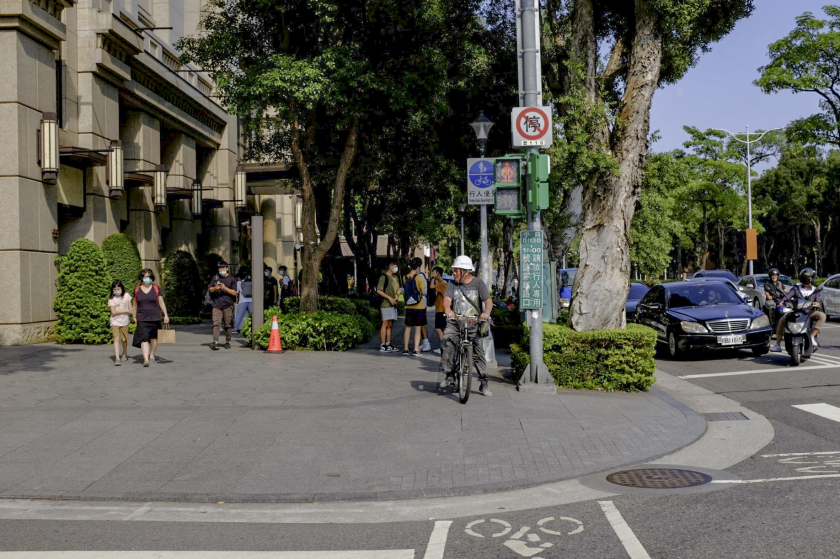
People participating in traffic in Taipei.
From her observation, the Taiwanese know how to preserve nature while harmoniously integrating it with tourism. For example, in Yangmingshan, the Taiwanese dedicate trekking routes for those who enjoy exploring nature; this area, though pristine, has been inspected and certified as safe.
On the other hand, there are also man-made tourist spots here specifically for other groups of visitors. Most of the natural areas here have many volunteer groups that organize weekly clean-up and sanitation activities. Xiao Mai also joined one such group called Tsu Ching.
"I feel that the people of Taiwan are very conscious of protecting nature, because even in Taipei, you will still see hills and mountains with lots of trees and often encounter wild birds, like in Daan Park where I once saw a hawk and a parrot," Xiao Mai said.
In Taipei, most of the tourist attractions Mai visited were connected by the MRT train and bus system. Places like Guting and Taipei Main Station, while train stations themselves, were also popular tourist destinations. Taipei Central Station served as both a train station and a large underground shopping area. Therefore, Mai considered traveling between train stations a unique travel experience.
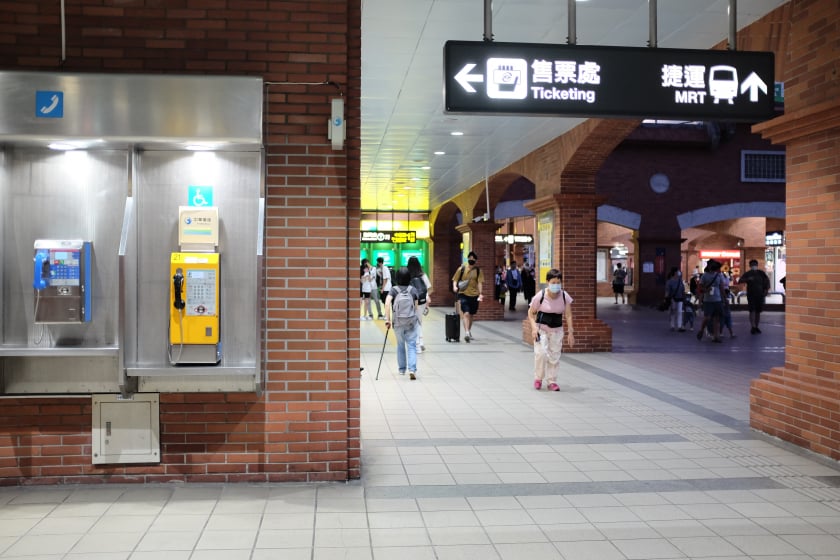
Tamsui Station area, New Taipei City.
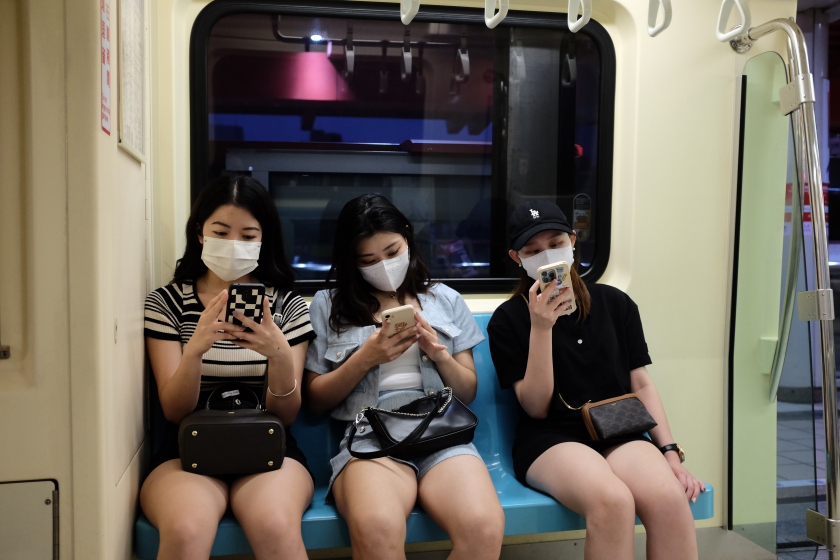
Taiwanese people on MRT trains.
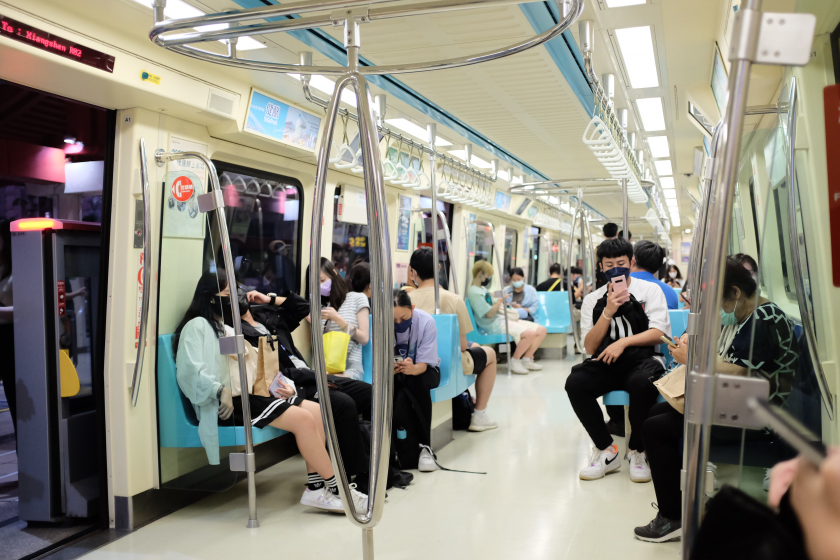
Using a YoYo card purchased at convenience stores, tourists can experience a variety of public services.
According to a female student from Tamkang University, tourists who want to experience Taipei's tourism using public transportation should purchase a travel card. This card, called the YoYo Card, is sold at many convenience stores such as 7-11 and Family Mart. The first time a card is purchased, tourists will top it up with 100 TWD (approximately 75,000 VND) to activate it.
"A bus ride costs 15-20 TWD (approximately 11,000-20,000 VND). A train ride on the MRT costs around 50-70 TWD (approximately 38,000-53,000 VND). I only spend about 30-50 TWD (23,000-38,000 VND) traveling between tourist destinations. So I often use the leftover change from shopping to top up my YoYo card," Xiao Mai shared about the transportation costs for each trip.
Next, travelers should download the Bustracker app to view MRT maps and bus information for their desired route. The app also provides information on bicycle rental stations and other public transport services. Before arriving at a location, Mai usually plans meticulously by checking Google Maps and Bustracker to choose the most suitable mode of transport. Additionally, hotel staff are always helpful in providing information on bus routes and MRT stations.
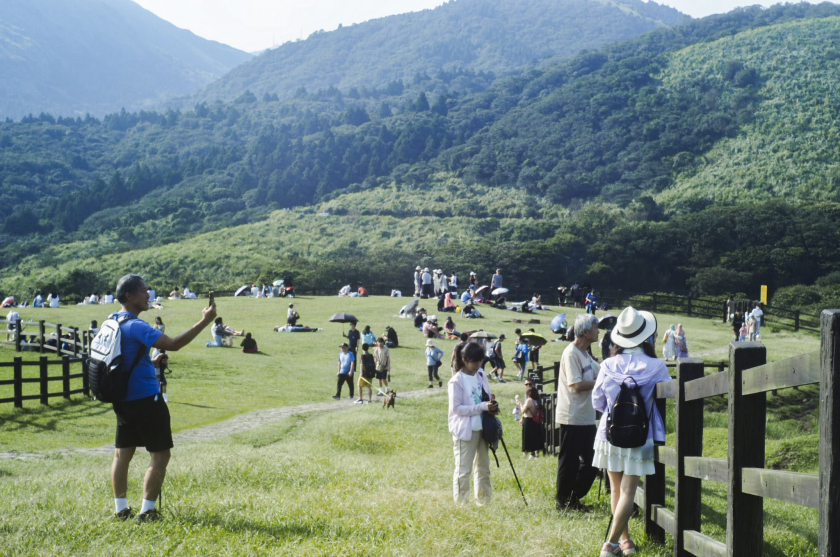
Tourists in Yangmingshan.
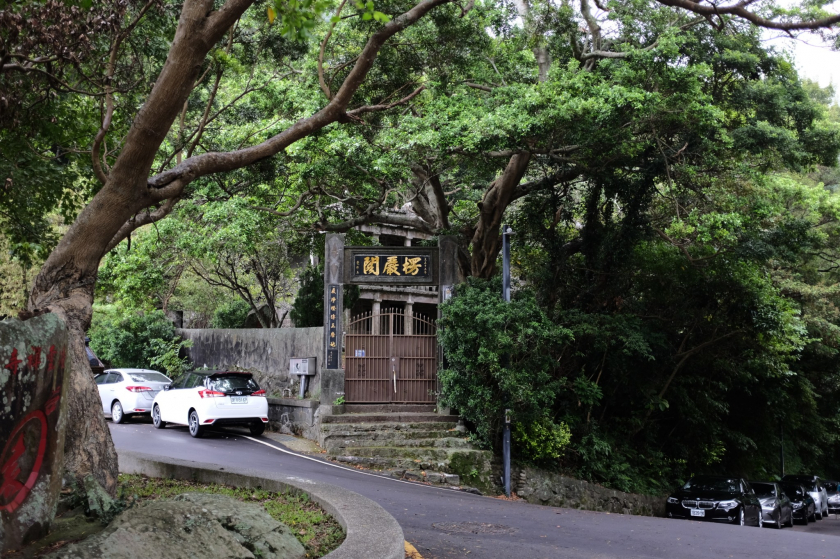
An ancient temple by the roadside.
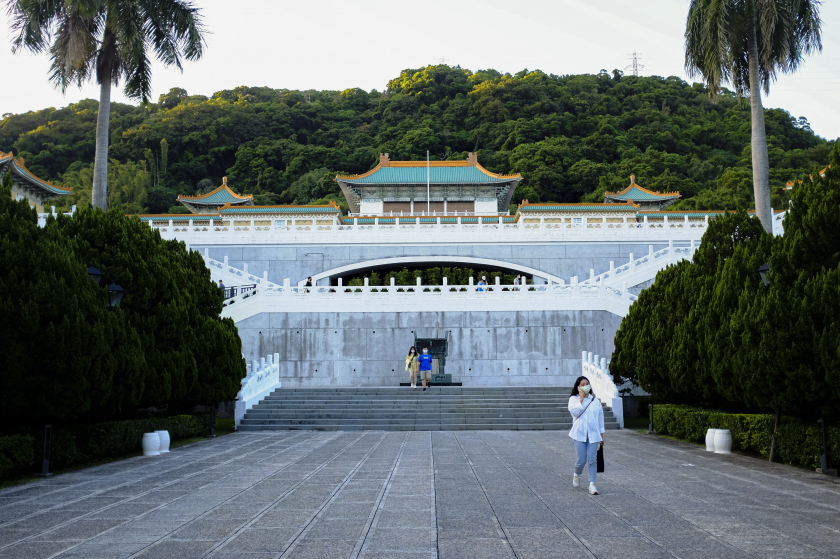
The Forbidden City Museum is very well preserved.
Xiao Mai chose to explore Taipei by public transport because it saved her a lot of money. Besides, these modes of transport don't take too much time to travel. Tourists can track their travel times on the Bustracker app. Buses run every 3-5 minutes on short routes, and the app provides specific times for longer routes. Meanwhile, the MRT trains have similar transfer times.
"The only difficulty I find bothersome is the lack of seating during rush hour. Otherwise, if there's no bus service, you can use a bicycle. Bicycle stops are everywhere," said Xiao Mai.
Besides its famous natural landscapes, Taiwan also boasts many historical sites and ancient temples. After visiting Wuji Tianyuan Temple and Longshan Temple, Xiao Mai was surprised to find that these places, some dating back 100-200 years, still retained their original appearance. From the paintings and statues to the paint colors, this shows that the Taiwanese people do a very good job of preserving their heritage. Even if these sites were renovated, they would not lose their ancient charm.
"My favorite places are Yangmingshan and Longshan Temple. As for travel experiences, I was lucky enough to meet a Taiwanese friend who took me on a motorbike ride from Keelung to Tamsui along the coastal road," Xiao Mai said.
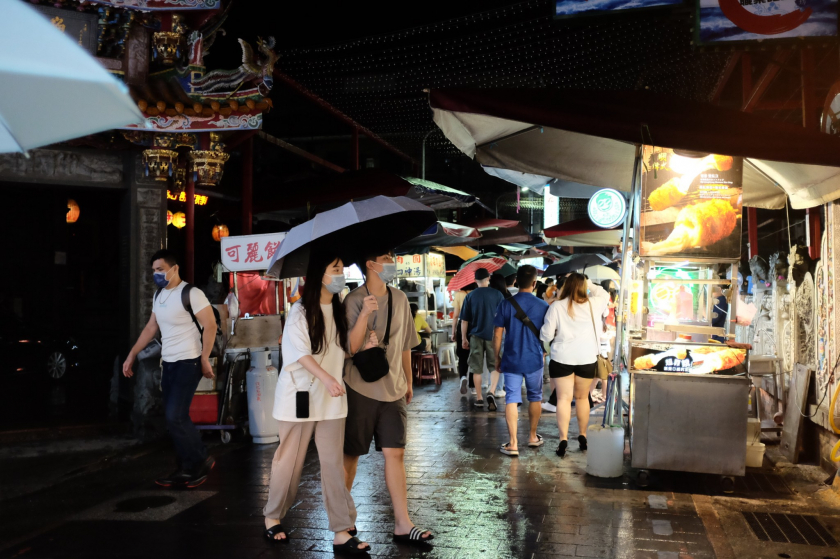
Take a stroll through Taipei's night market.
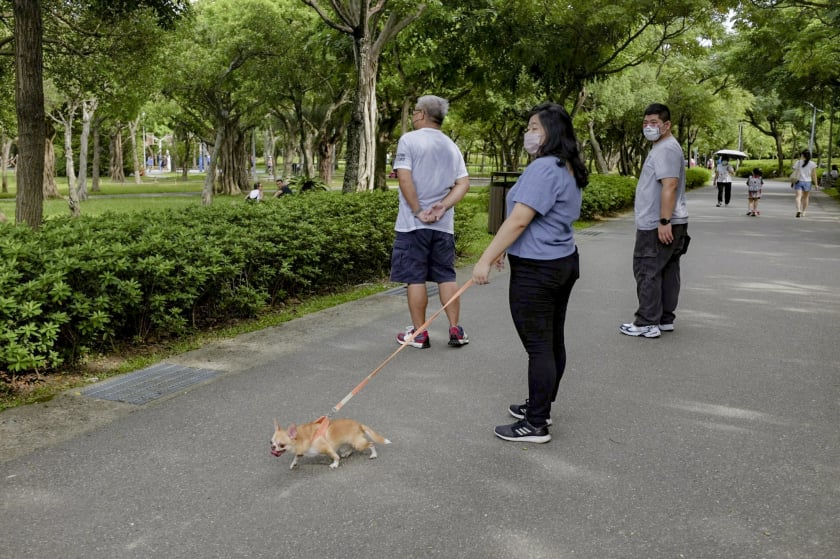
Walking the dog in a park in Taipei.
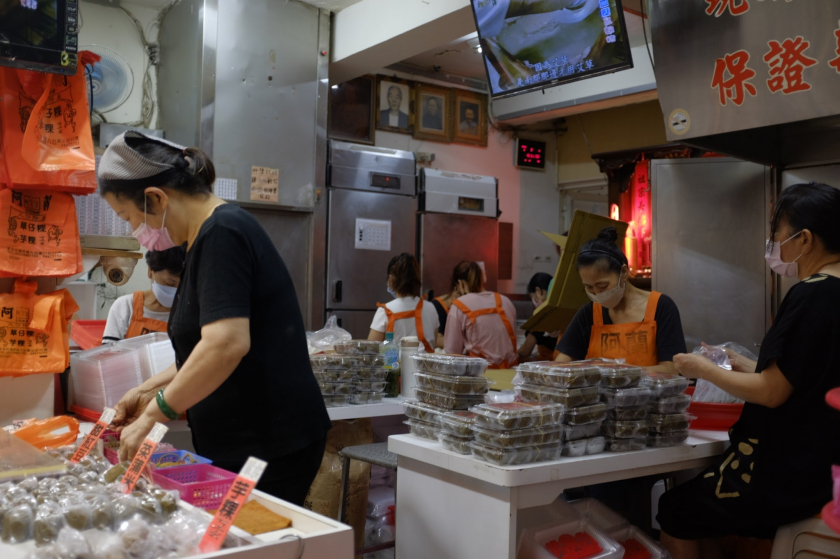
A traditional restaurant in Taipei.
Xiao Mai said that since arriving in Taiwan, she has never experienced culture shock because Taiwanese people are friendly and gentle, making it easy for her to integrate. The student had to get used to sorting trash every day, but according to Mai's observations, there are few public trash cans on the streets. Taiwanese people usually line up in front of garbage trucks every night to dispose of their sorted trash.
"Taiwanese food is delicious and prices vary by region. I just can't eat one noodle dish with lots of red Sichuan peppercorns, yet Taiwanese people eat it every day," Mai shared.
In the near future, Xiao Mai plans to continue trekking to more places in Yangmingshan, and then make plans to visit Hualien and Kaohsiung. She wants to visit some universities with beautiful architecture and scenery, such as National Sun Yat-sen University…

 VI
VI EN
EN



